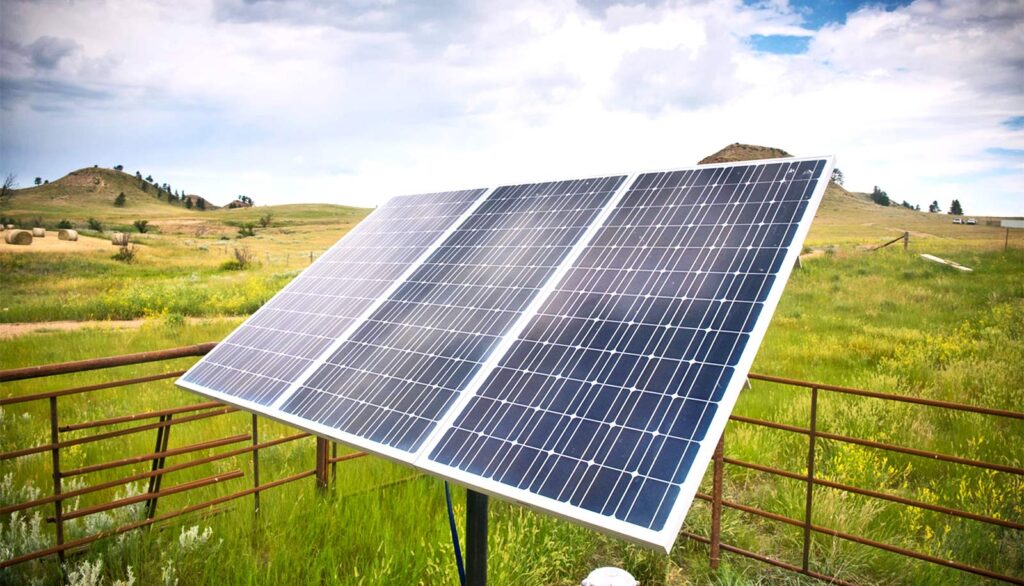Solar panels are devices designed to capture sunlight and convert it into electricity. They have a wide range of applications across various industries and daily life. Here are some common uses of solar panels:
- Residential Power Generation:
- Solar panels on rooftops generate electricity for homes, reducing reliance on the grid and lowering electricity bills.
- Commercial and Industrial Power Generation:
- Businesses and industries use solar panels to generate electricity for their operations, contributing to cost savings and sustainability efforts.
- Grid-Tied Systems:
- Solar panels can be connected to the grid, allowing excess electricity to be fed back into the grid, and the user may receive credits or compensation for the energy produced.
- Off-Grid Power Systems:
- In remote or off-grid locations, solar panels can be used to generate electricity for homes, cabins, or other structures that are not connected to the utility grid.
- Water Pumping:
- Solar-powered water pumps are used in agriculture, irrigation, and water supply systems to pump water without the need for grid electricity.
- Street Lighting:
- Solar panels power streetlights in urban and rural areas, reducing the reliance on traditional grid power and providing lighting in areas without reliable electricity access.
- Solar Water Heating:
- Solar thermal panels can be used to heat water for residential and commercial purposes, such as for showers, swimming pools, or industrial processes.
- Portable and Emergency Power:
- Portable solar panels and solar chargers are used to power electronic devices, camping equipment, and as emergency power sources during power outages.
- Electric Vehicles:
- Solar panels can be integrated into the design of electric vehicles to provide supplementary power for onboard systems, improving energy efficiency.
- Space Exploration:
- Solar panels are used in space missions to generate electricity for spacecraft and satellites, where sunlight is abundant in space.
- Agricultural Applications:
- Solar panels can power agricultural equipment, such as irrigation pumps, and provide electricity for farms in remote areas.
- Microgrids:
- Solar panels contribute to the development of microgrids, which are localized energy systems that can operate independently or in conjunction with the main power grid.
The versatility of solar panels makes them a key component of the transition to clean and renewable energy sources, contributing to sustainability and reducing environmental impact.


